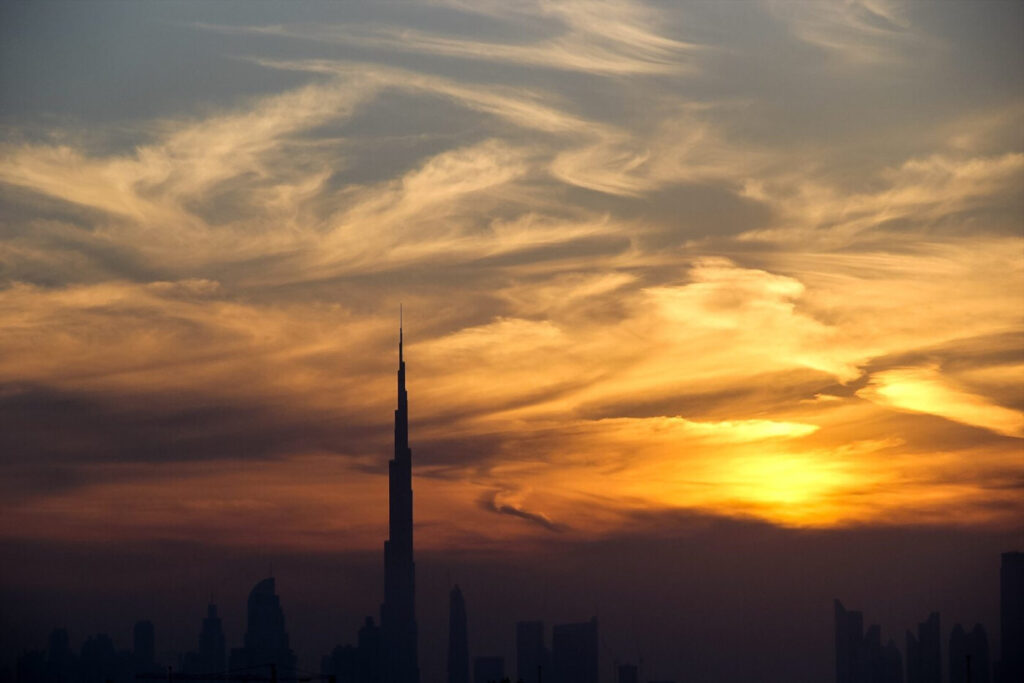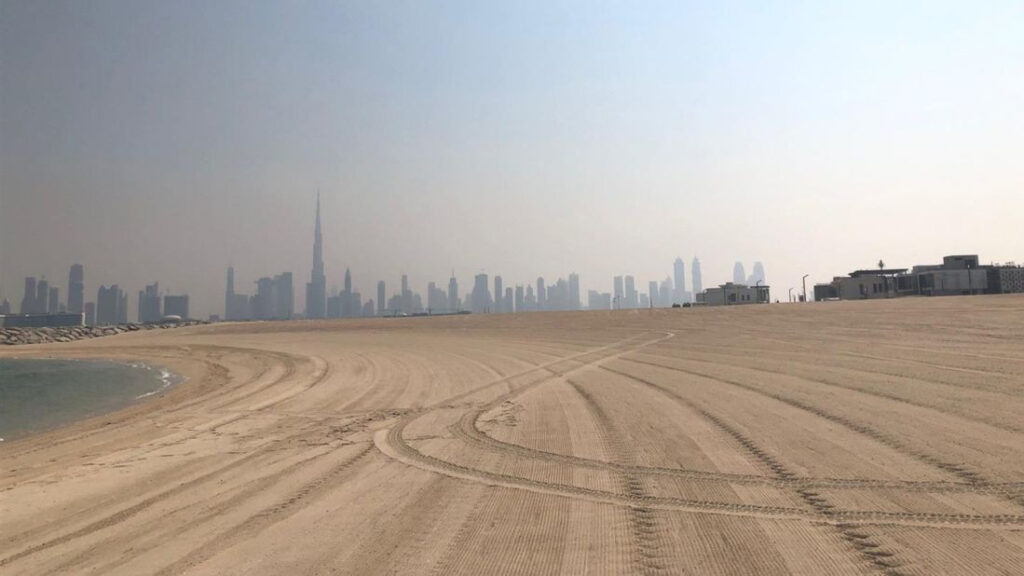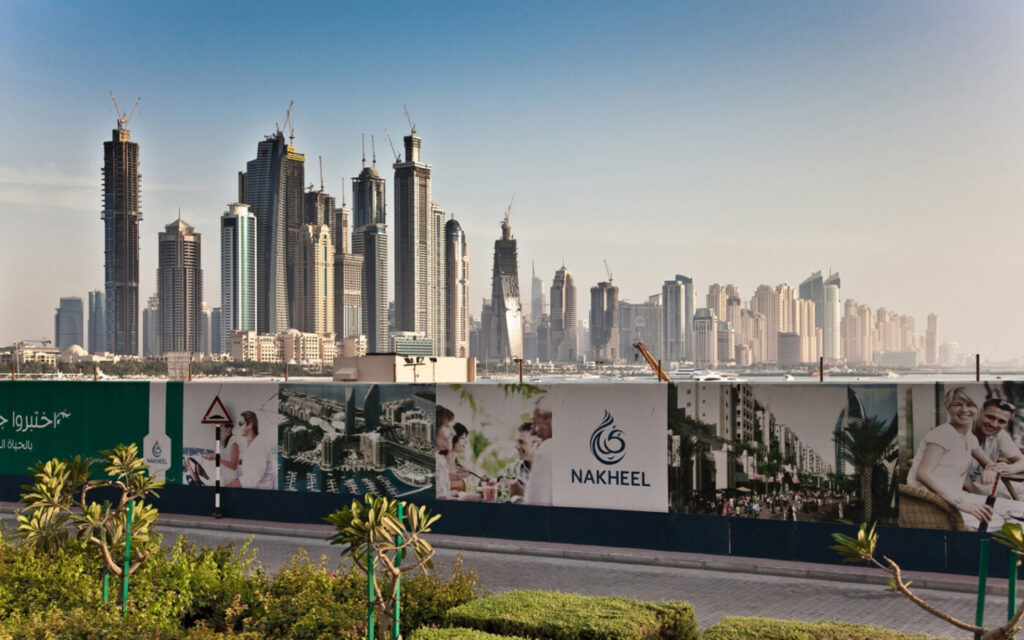
An exciting story unfolded in Dubai in April 2023, demonstrating how investing in land can yield remarkable returns. Umar Kamani, the founder of the Pretty Little Thing brand, made headlines by purchasing a 7,500-square-meter plot of land on the island of Jumeirah Bay. Over just two years, this barren wasteland, devoid of any structures, skyrocketed in value, with every square centimeter becoming incredibly valuable. This wasn’t due to oil discoveries but rather because it was one of the last available plots in a prestigious location near the sea.
The volume of land transactions, referred to as “plots,” in Dubai surged by 87% within a year. This surge is unsurprising, considering the city’s real estate market opening to foreigners in 2002, which led to growing interest in local properties. As Dubai’s coastline expansion through artificial islands reaches its limits, available land becomes increasingly scarce, driving up demand and prices.
READ: Top 5 Green Areas in Dubai: Personal Paradise

Location is paramount when selecting land for resale. Unlike apartments, where amenities can compensate for neighborhood shortcomings, an unpopular land plot is often a poor investment. Conversely, strategic locations, such as Downtown Dubai, with its iconic landmarks and limited space, command high value and demand.
Foreign investors have been permitted to acquire land in Dubai since 2016, under freehold zone regulations granting full ownership rights. However, it’s crucial to adhere to land usage regulations, as plots are designated for specific purposes, such as residential or commercial development.
Investing in land in Dubai offers lucrative opportunities but requires careful consideration of location, usage regulations, and market trends. By adopting strategic investment approaches and leveraging Dubai’s dynamic real estate landscape, investors can turn barren plots into lucrative assets, contributing to the city’s ongoing development and prosperity.
READ: Guide to Profitable Areas in Dubai: Investments Depend on Personal Reasons
The Affection Plan is a crucial document for any construction endeavor in Dubai. It delineates the blueprint for land development, encompassing vital parameters such as total territory area, building dimensions, and interior layout. Ensuring alignment between the site’s designated use and intended building purpose is paramount. Dubai places significant emphasis on proper zoning, making it exceedingly challenging to alter land usage statuses.
The Affection Plan also provides insights into the governmental bodies responsible for granting building permits. Key organizations requiring approval include:
Obtaining an Affection Plan is facilitated through the Dubai Land Department (DLD), accessible both offline and online via the DLD website or Dubai Rest app. Applicants need only submit two documents: a copy of their Emirates ID or passport and a copy of the land ownership certificate. Typically, requests are processed within two business days. The service incurs a fee of AED 1,000 ($272), supplemented by nominal charges for innovation (10 AED, or $3) and knowledge (10 AED, or $3).
READ: Artificial Archipelago Palm Jumeirah: History of Creation and Location Features

In 2023, land transactions in Dubai amounted to 7,067 transactions, totaling $26.44 billion—an 87.3% increase compared to 2022. This surge underscores the robust activity and growth within Dubai’s real estate sector.
To commence construction on a plot, requisite documents must be procured, including a development plan and a building permit, granted after obtaining the plan.